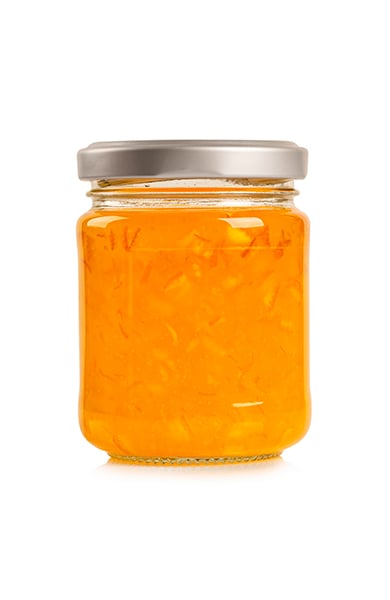PACKAGING
Food Contact Materials
All materials that come into contact with food must be carefully controlled to prevent the risk of contamination and ensure compliance with health and safety requirements.
To verify these requirements, the European legislation provides for adopting specific measures: the EC Regulation 2023/2006 (on good manufacturing practices) and the general provisions of the Regulation of Materials in contact with Food EC 1935/2004.
The basic principle is that materials, produced in compliance with good manufacturing practices, are sufficiently inert to exclude the transfer of substances to foodstuffs in quantities such as:
- Endanger human health
- Lead to an unacceptable change in the composition of the food
- Deteriorate their organoleptic characteristics
Mérieux NutriSciences (MXNS) can assist companies in choosing the correct analytical solution, whether it is raw materials, production intermediates, or finished products, to help you ensure that these meet the mandatory food suitability requirements with tests of global and specific migration according to the type of material.
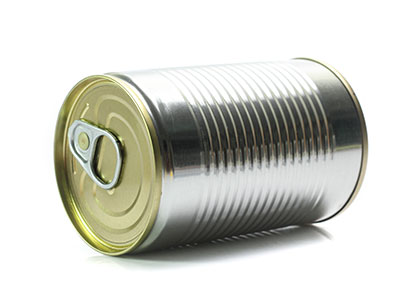
Demonstrate the compliance and adequacy of materials in contact with food:
Including objects made of plastic, ceramics, regenerated cellulose, metals and alloys, rubber, paper, cardboard, glass, wood, cork, and other materials that do not have specific regulations.
Our Mission
Is to provide solutions to respond to business needs regarding the compliance of materials in contact with food with current legislation and to support companies that have to deal with constantly evolving legislation and with an often complex production activity.
SOLUTIONS
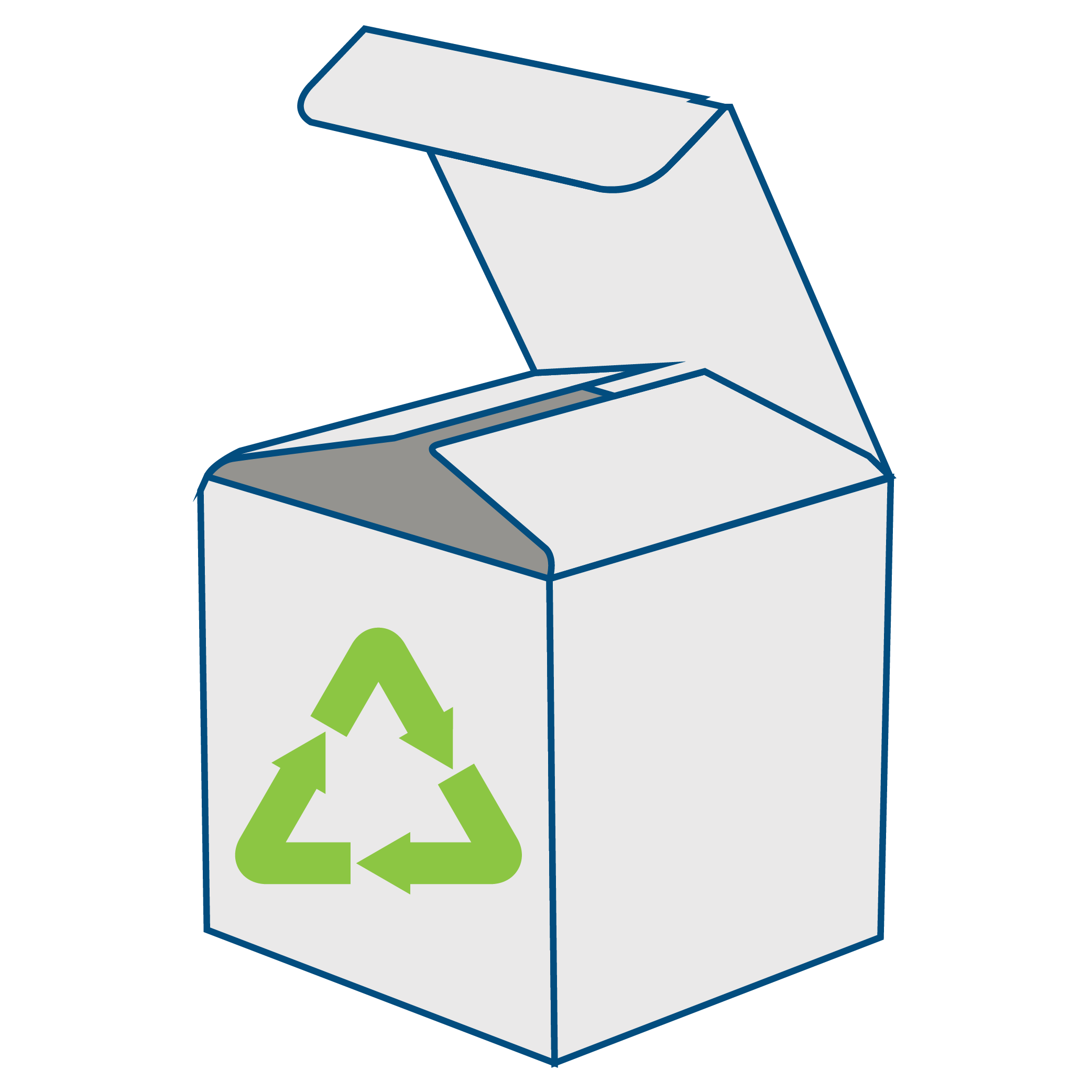
Sustainable Packaging
How do I measure the sustainability of my product?
The life cycle assessment (LCA) is a tool that identifies, measures and characterizes the environmental impacts related to each of the stages of a product
Impact on climate change (GHG emissions)
Depletion of natural resources
Impact on human health
Ecosystem degradation
Biodegradability and compostability studies
The tests simulate the real conditions that are created in a composting plant:
- Characterization
- Biodegradability
- Disintegration
- Compost quality and eco-toxicity
Safety of Recycled Packaging

1 NIAS Screening
We study the presence of non-intentionally added substances that could be generated during the recycling of materials (mineral oils, PFAs, bisphenols, phthalates, etc.).

2 Evaluation of the barrier effect
Through targeted migration studies performed under controlled analytical conditions, we verify whether a food contact material actually acts as a functional barrier and thus prevents the migration of contaminants from the recycled outer layers into the food.

3 Challenge test
The production process of recycled packaging intended to come into contact with food should obtain suitability validation: challenge tests verify that the washings to which FCM are subjected are effective in decontaminating the product..

4 Sensory analysis
It is performed to verify that there are no differences between the taste of food stored in containers made out of new materials vs. recycled.

Ensure Market Acceptance
- Conformity to local markets’ regulation and industry standards.
- Sensory & Consumer studies.
- Front of pack labeling & green claims’ substantiation.
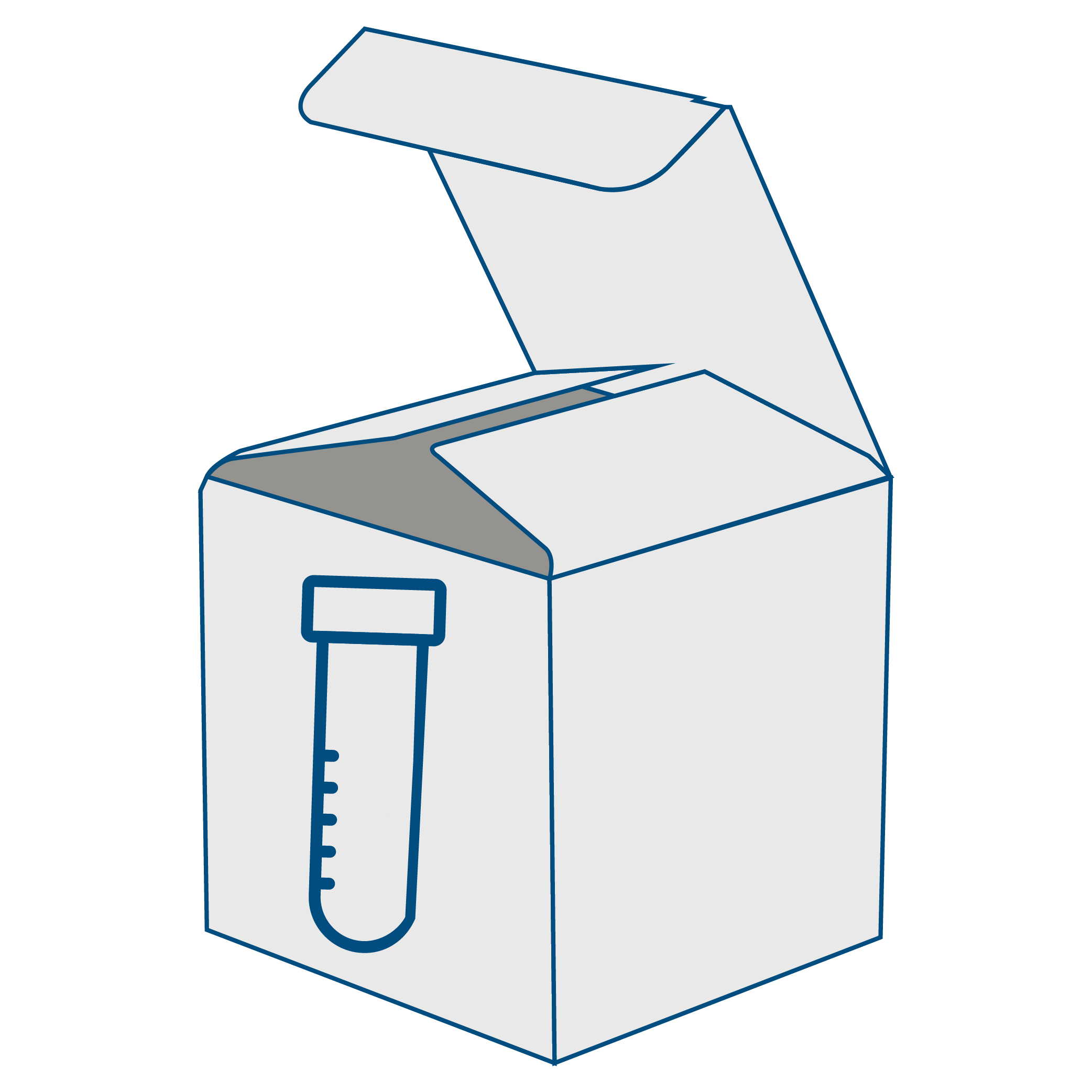
Guarantee Food Safety
- Overall & specific migration tests, including emerging contaminants such as mineral oils, bisphenols, PFAS, microplastics and nanoparticles.
- Screening of transferable constituents and risk analysis associated to the type of packaging and food matrix.
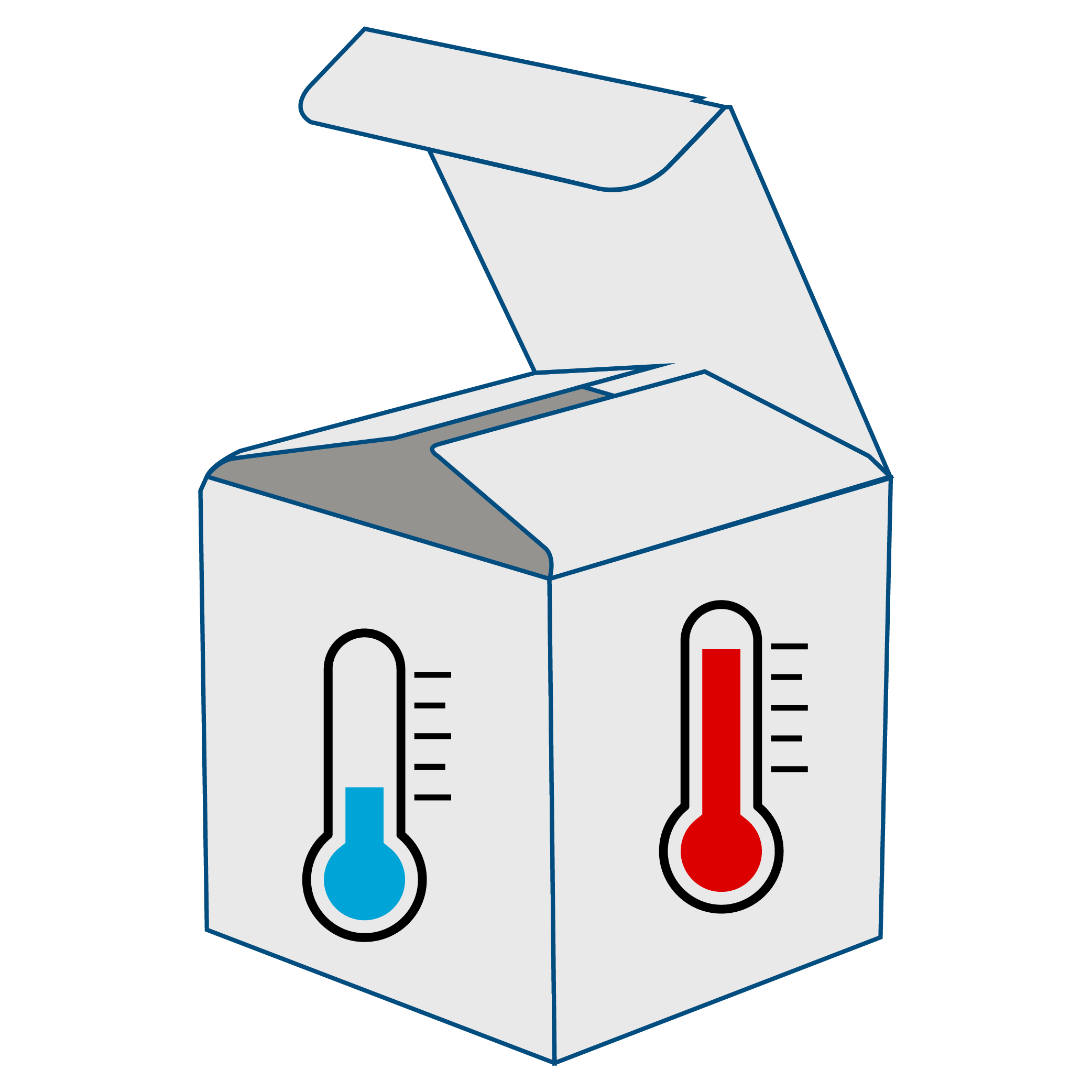
Preserve Food Integrity
Services and tests related to the technological suitability of the packaging that allow the evaluation of the product in light of the multiple and demanding challenges it faces:
- Evidence of migration.
- Physical and mechanical resistance tests to evaluate the morphological variations of the packaging.
- Evaluation of volatile organic compounds that are generated in the headspace during cooking.
- Determination of power and time to reach a suitable temperature for consumption as indicated on the label.
- Thermal dispersion tests on thermal containers.
- Sensory analysis on the packaging.
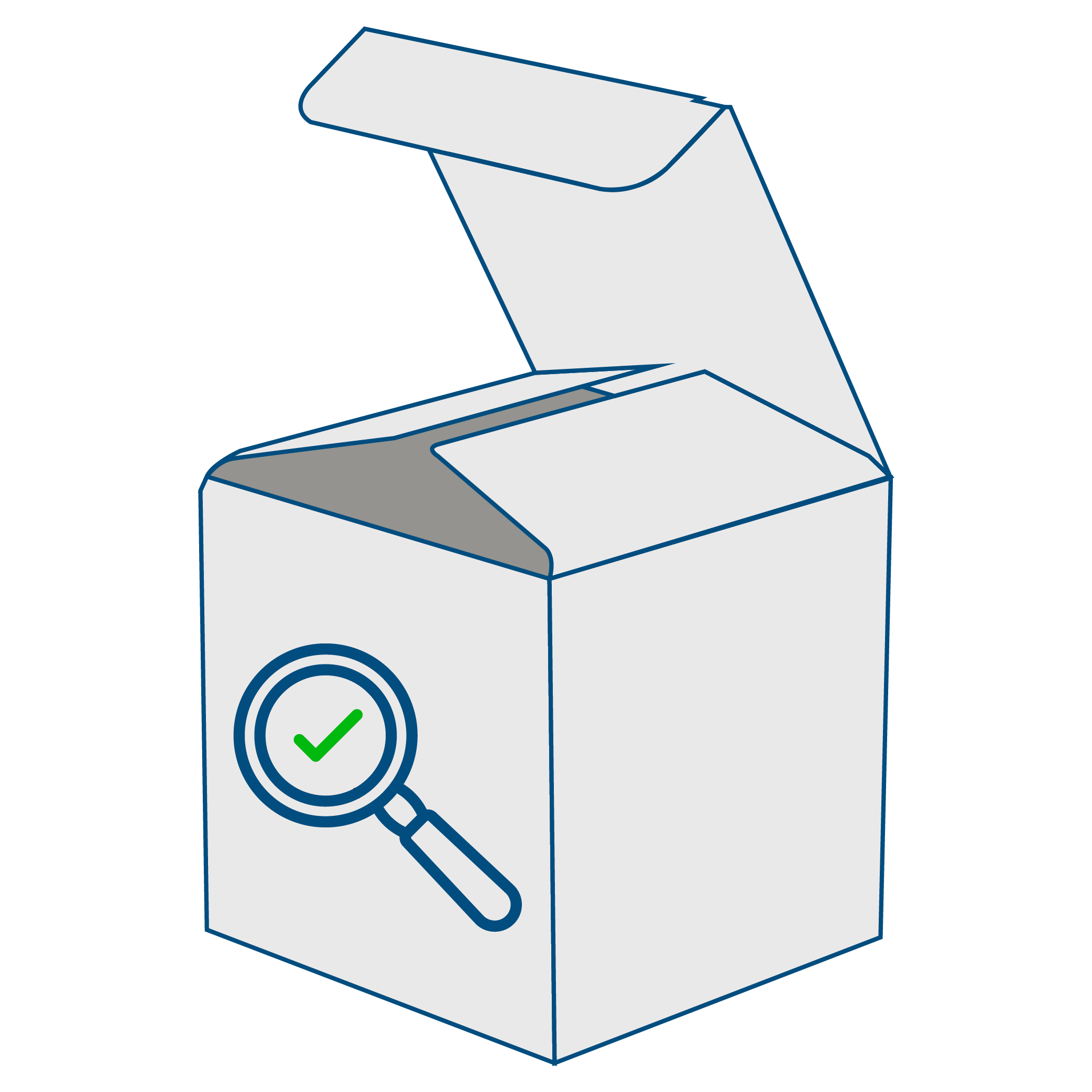
Regulatory Consulting
We provide legal and technical advice in accordance with international regulations:
- Evaluation of the technical documentation to identify the critical characteristics of the materials and
drafting of specific analytical protocols. - Evaluation of compliance with positive lists of substances used in the production of materials
regulated by specific standards (for example, plastics, paper, rubber, etc.). - Evaluation of the declaration of compliance (DoC) for products in contact with food.
- Evaluation of compliance with labeling in accordance with current regulations.
Contact us
